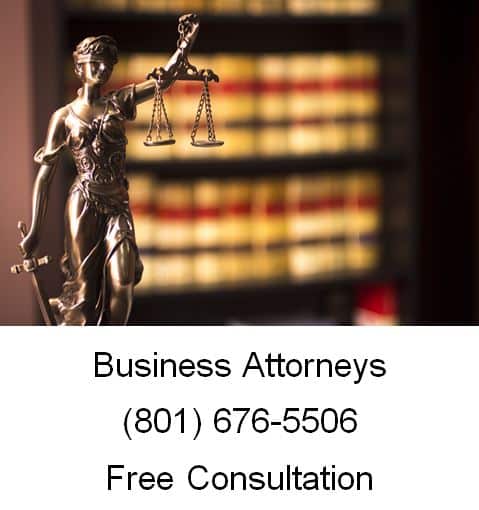Any business that extends credit to customers or business partners must also master the art of debt collection. Debt collection for a business is a part of Business Law. This involves complying with various rules and regulations governing debt collection as well as maintaining business relationships. FindLaw’s Debt Collection section includes articles on creditors’ rights and collection options, a comparison of different debt collection methods, an overview of the Fair Debt Collection Practices Act, and how to collect debts owed by a customer who is bankrupt. In this section you can also find a collection of accounts checklist, sample debt collection and billing dispute letters, and a primer on how to take a delinquent customer to small claims court.
What Happens if a Customer is Bankrupt?
Collecting debts is never a pleasant task – it takes time, energy, and sometimes money. It’s even harder to collect on a debt if the customer that owes you money has filed for bankruptcy. First, you must decide if taking the time to collect the debt is worth it. If you decide that it is worth your time and energy, there are some routine steps you can follow to try and collect a debt from a bankrupt customer.
First and foremost, you must stop your collection efforts and comply with the bankruptcy order. Usually, bankruptcy courts will issue an automatic stay stopping all debt collection while the case is under review. You should also read the debtor’s bankruptcy papers as it will list the creditors that are owed money and which creditors are secured and unsecured. Reviewing this list can help you determine the likelihood that your debt will be paid. If you decide to proceed, you should also file a proof of claim, which states your desire to be a part of the bankruptcy proceeding. Finally, be sure to comply with the decision of the bankruptcy court.
The Fair Debt Collection Practices Act
The Fair Debt Collection Practices Act (FDCPA) is a federal law that provides debtors with protection from abusive debt collection practices. The FDCPA considers any person who regularly collects debts owed to others as debt collectors. This definition includes attorneys who regularly collect debts, but it does not include creditors that collect their own debts. The types of debts covered by the FDCPA are any family, household, and personal debts, which includes medical care.
People who are subject to the FDCPA are prohibited from acting in certain ways during the process of collecting a debt. As is to be expected, a collection agency is not permitted to harass or abuse debtors, which includes a prohibition against publishing the name of a debtor on a blacklist or other posting that is public. Debt collection agents are also not allowed to provide false or misleading information in order to collect a debt, nor can they engage in shocking or unfair methods to collect. A debt collection agent is not permitted to contact a debtor before 8:00 a.m. or after 9:00 p.m., and is not permitted to directly contact a debtor who is represented by an attorney.
Free Consultation with a Utah Debt Collection Lawyer
If you are here, you probably have a business law issue you need help with, call Ascent Law for your free business law consultation (801) 676-5506. We want to help you.
8833 S. Redwood Road, Suite C
West Jordan, Utah
84088 United States
Telephone: (801) 676-5506
Recent Posts
What To Do When Your Custody Plan No Longer Works
Can You Make The Doctor See Me Again After Bankruptcy?
Source: https://www.ascentlawfirm.com/business-debt-collection/


No comments:
Post a Comment